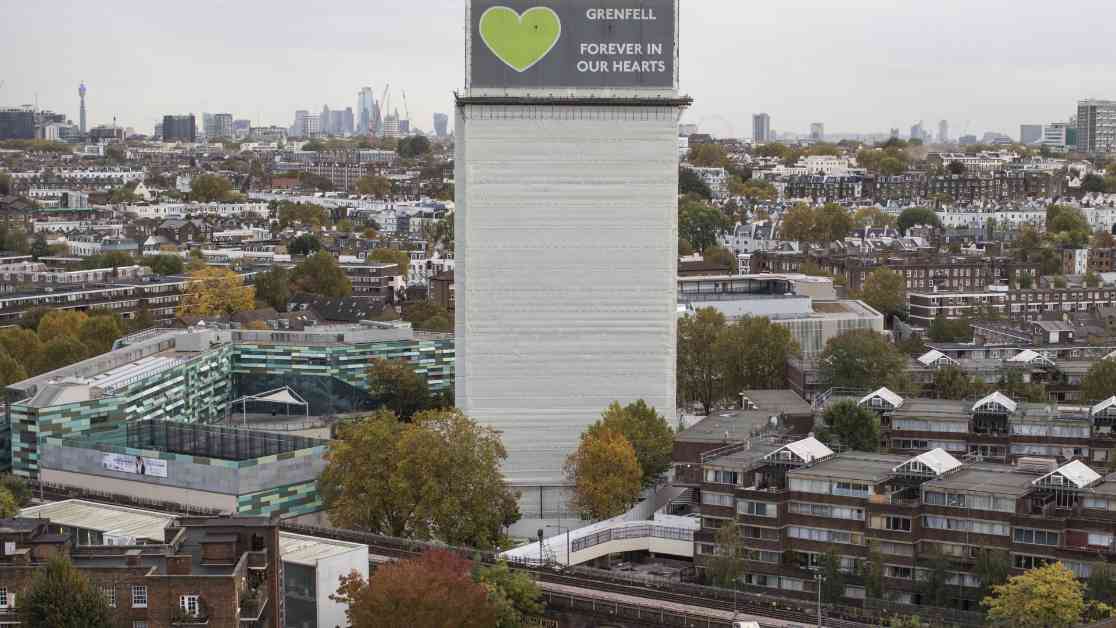Impact of Grenfell Tower Fire on Firefighters’ Mental Health: Study Reveals Alarming Statistics
In a recent study, it has been uncovered that a staggering number of firefighters who were exposed to the toxic smoke during the Grenfell Tower fire have suffered long-term disorders. More than a quarter of the 524 firefighters involved in the London disaster have reported life-changing conditions, shedding light on the lasting impact of the tragic event.
Urgency Over Safety
One of the most alarming findings of the study is that most of the firefighters did not wear respiratory protection at all times during the emergency response at Grenfell Tower. The urgency of the situation led many to prioritize saving lives over their own safety, resulting in long-term health consequences for a significant portion of the responders.
Devastating Health Effects
Out of the 136 firefighters who have reported life-changing conditions, 11 have been diagnosed with cancer, 64 have respiratory diseases, 22 have neurological disorders, and 66 have digestive illnesses. These numbers paint a grim picture of the toll that exposure to the toxic smoke has taken on the health of the brave men and women who risked their lives to rescue others.
Parallels to 9/11
The report also draws parallels between the health symptoms reported by the firefighters at Grenfell Tower and those who responded to the World Trade Centre during 9/11. This comparison serves as a stark reminder of the long-lasting consequences of exposure to hazardous materials in the line of duty.
Call for Action
Matt Wrack, the Fire Brigades Union general secretary, emphasized the urgent need for enhanced health testing to protect the lives of firefighters and residents in similar emergencies. Learning from past tragedies like 9/11, Wrack stressed the importance of prioritizing the health and safety of first responders who risk their lives to save others.
Government Response
A spokesperson from the Home Office expressed concern over the emerging research indicating that firefighters may have been exposed to contaminants during the Grenfell Tower fire. The statement underscored the importance of fire and rescue authorities taking responsibility for the health and wellbeing of their workforce and implementing necessary measures to protect them.
Looking Ahead
As we reflect on the devastating impact of the Grenfell Tower fire on the mental and physical health of the firefighters involved, it is crucial to prioritize the well-being of our first responders. The study serves as a wake-up call to the urgent need for better protection and support for those who put their lives on the line to keep our communities safe.
Let’s take a moment to appreciate the dedication and sacrifice of firefighters around the world, who bravely rush into danger to save lives, often at great personal cost. The study on the mental health impact of the Grenfell Tower fire highlights the need for greater awareness and support for the well-being of these heroes. Next time you see a firefighter in action, remember the challenges they face and the sacrifices they make to keep us safe.













